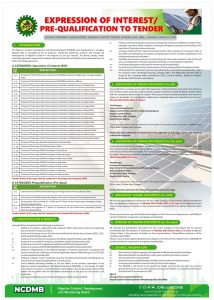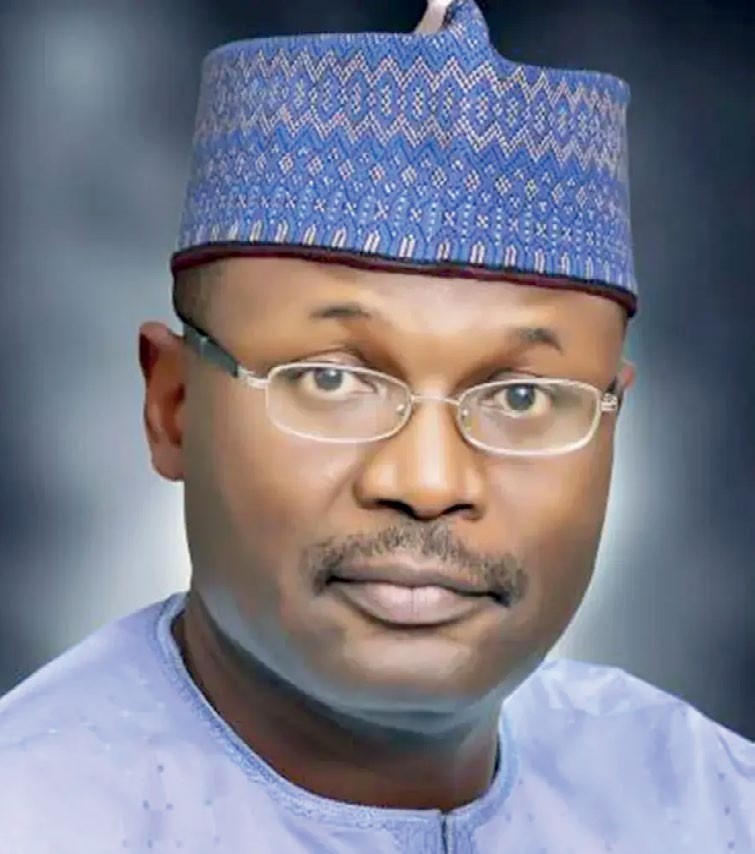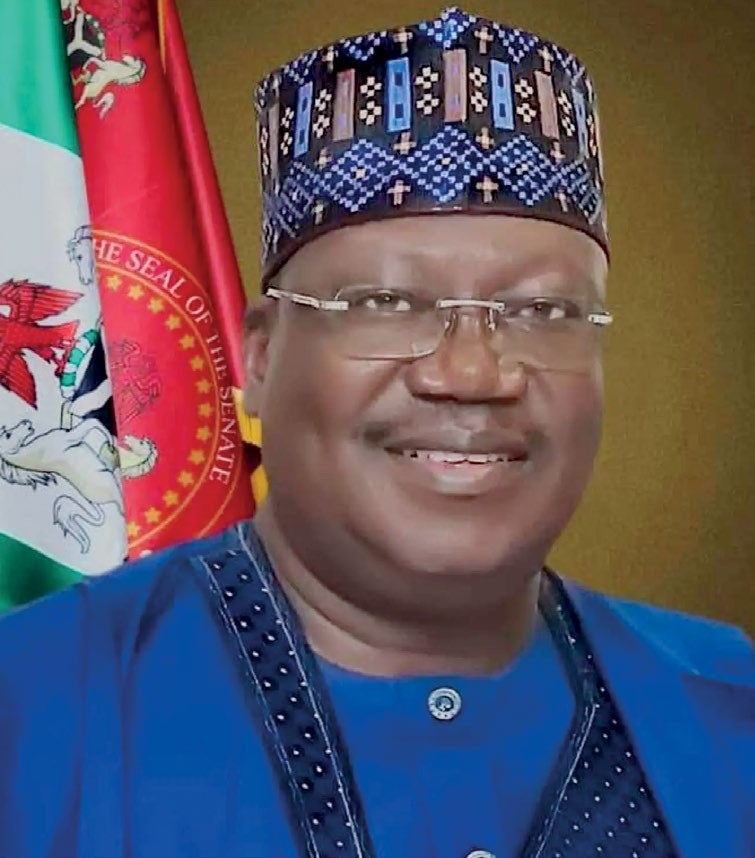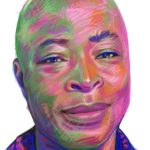Imagine the scenario during the last recent General Election: presidential aspirants had to pay as high as N100 million to obtain expression of interest and nomination forms in the governing All Progressives Congress, APC and as low as N15 million in the fringe Young Progressive Party, YPP.
The mercantilist and exclusive, perhaps undemocratic, nature of the costs of the forms is captured in the justifications offered by former President of the Senate, Adolphus Wabara and the current Speaker of the House of Representatives.
According to Wabara, Chairman of the Board of Trustees of Peoples Democratic Party, PDP, “The membership of the National Assembly is an investment because most of us sold our houses to get to the Senate… The maturity is there, but the ability to recoup whatever you spent legitimately is the problem.
Current Speaker, Femi Gbajabiamila, said: “For political parties, the sale of nomination forms is vital for operational revenue. Additionally, political parties use the high costs of nomination forms to screen candidates and reduce the practice of aspirants playing the spoiler or using the process as an opportunity to negotiate their personal ambitions.”
When the violent conduct of party primaries, endorsements and adoption of preferred candidates, unprincipled defections, lack of internal party democracy, role of godfathers in the choice of candidates and the current leadership crisis plaguing virtually all the major political parties in the country are factored into the picture, it may be easy to understand why many senior lawmakers last Tuesday saw the view differently from both Wabara and Gabjabiamila.
The PDP had the aggrieved Governor Nyesom Wike led G-5 group to contend with until their target, the National Chairman of the party, Iyorchia Ayu, was restrained by the courts from presiding over its affairs.
The ruling APC and its presidential candidate, Bola Tinubu (President-elect) squabbled over the constitution of Presidential Campaign Council membership at some point and at another over his allegation of plans by powers that were to sabotage his electoral chances with the cashless policy and petrol scarcity. Currently, disagreement over the choice of the National Assembly leadership is rocking the party. Labour Party is currently torn into factions with two National Chairmen, Julius Abure and Lamidi Apapa, holding their offices at the mercy of the law courts.
So that Tuesday, the Senate urged the Clerk of the National Assembly to transmit the bill, Constitution Alteration Bill No. 58 on independent candidacy to President Muhammadu Buhari for assent.
A visibly elated Deputy Senate President, Ovie Omo-Agege, who is Chairman of the Senate Ad-hoc Committee on Constitution Review announced in plenary, “With the approval of the Gombe State House of Assembly, the bills on independent candidacy and inclusion of National Assembly presiding officers in the Security Council membership have met the provisions of Section 9(2) of the Constitution for passage.”
The bill seeks to provide for independent candidacy in Presidential, Governorship, National and State Assemblies, as well as Local Government Council elections.
For any Nigerian to contest a presidential election as an independent candidate, he or she must obtain the verified signatures of at least 20 percent of registered voters from each state of the federation, provided that a registered voter shall not sign for more than one independent candidate in respect of the office.
For governorship, the independent candidate must obtain the verified signatures of at least 20 percent of registered voters from each of the local government areas of the state.
The bill also states that anyone willing to contest the National Assembly election must obtain the verified signatures of at least 20 percent of registered voters from each of the local government areas in the respective senatorial district or federal constituency.
The proposed legislation empowers the Independent National Electoral Commission (INEC) to prescribe the payment of administrative fees by independent candidates for respective elections.
It also mandates the electoral body, INEC, to waive 50 percent of the administrative fees for women.
Outside the hallowed chambers of the National Assembly, reactions trailing the issue are divided. Why some see it as a welcome development for the democratisation process in the country, some are not too optimistic about it. Independent candidacy is not new to Nigerian law. It was practised in the First Republic, though under the parliamentary form of government in practice then.
General Secretary of the Conference of Nigeria Political Parties, CNPP, Chief Willy Ezugwu thinks that like all things good in Nigeria, after approval the bill will remain beautiful on paper only.
“As far as I am concerned it is going to be one of those laws that we always pass and never obey. If this was happening in a civilised climate, I would say a big yes to it,” he told THEWILL on Friday, adding, “If INEC can manipulate and manoeuvre major political parties, how many more individuals? I am not against passing any law that will open up the democratic space, but we need to fortify our electoral process before law can work to its intents and purposes. Why don’t we stop the president from appointing the INEC Chairman, for instance, to give some form of independence to the electoral umpire? How mutually interdependent are the three arms of government, the judiciary, legislature and executive to make democracy work? We have to learn to obey and implement laws or it will be the same old story.”
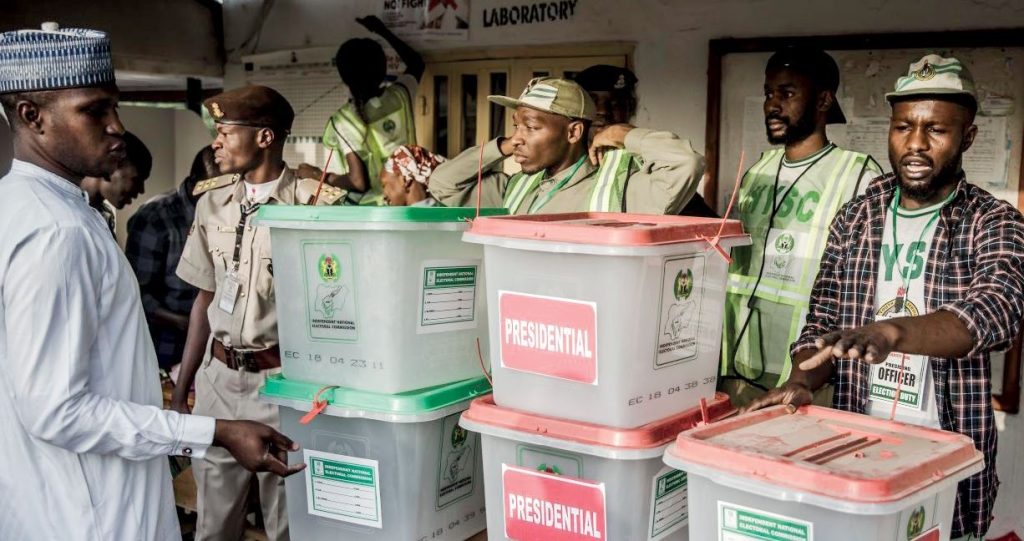
Ex-Speaker of the Edo State House of Assembly and governorship aspirant for the 2024 governorship election in the state, Bright Omokhodion, said the law on independent candidacy will deepen the democratic process.
Speaking from experience as a participant observer, he based his response on the pending law on three premises: Its capacity to open up the democratic space for quality representation, the check on excesses of political parties and the choice of alternatives for the increasingly discerning electorate.
He told this newspaper, “The law on independent candidacy will extricate the patriotic individual who wants to serve his country in any political office by removing the stranglehold of political parties, which, from past experience, are out to exploit the aspirants and candidates. In most cases, candidates are chosen from the rank of the boys. Many such persons go into elective offices and exhibit gross ignorance and inability to work according to the tenets of the Constitution.”
To him independent candidacy will present a great opportunity for the people to choose from among the array of potential leadership in this country.
He foresees another benefit of the law for political parties as they would be stimulated to internally generate revenue from members when aspirants stay away because of high costs of nomination forms.
“Although the constitution of many parties in Nigeria specifically states that members must pay dues on a periodic basis, many members do not pay. And once the money is unavailable, there is the tendency for the political parties to seize the opportunity of election to fleece the vulnerable aspirants. The coming of the independent candidacy law will make the parties put on their thinking caps.”
Though it is arguable if independent candidates can muster the awesome structure and logistics available to major parties during election, especially at the presidential and governorship level, it is hoped that with the combination of the Bimodal Voter Accreditation System, BVAS, the independent candidacy law can make a significant impact of the democratisation process for the popular candidate and discerning voter.
“No doubt about that,”said Omokhodion, “BVAS has come to make elections beautiful, notwithstanding the hitches identified with the just concluded election. In due course, the system will combine with the law to advance the democratisation process.”
Spokesperson for the PDP, Mr Debo Ologunagba, refused to speak in his official capacity but offered his personal opinion. The proposed law, he said, would only add to the growing bodies of laws and activities that are aiding democracy to evolve in the country, adding that each political party may have to look into it, anyway.
Amos Esele is the Acting Editor of THEWILL Newspaper. He has over two decades of experience on the job.




